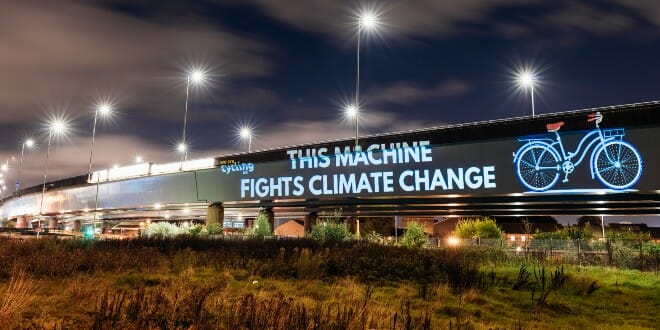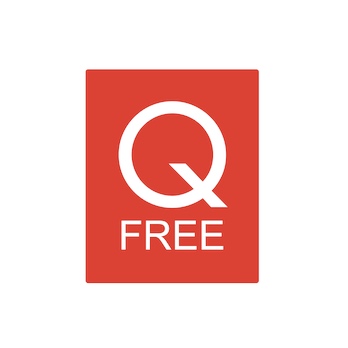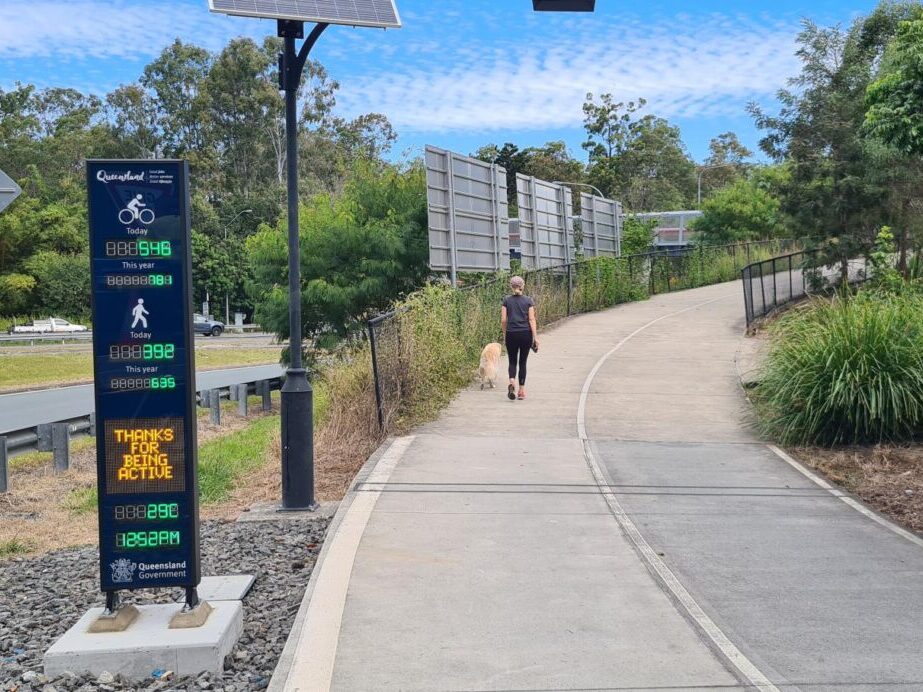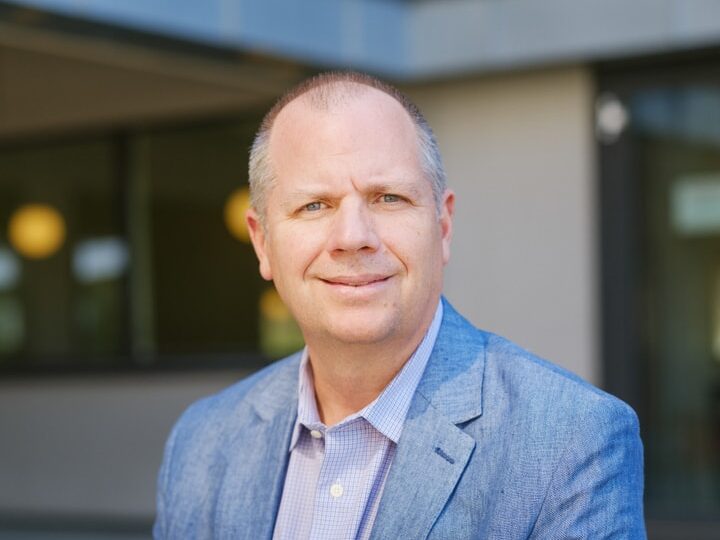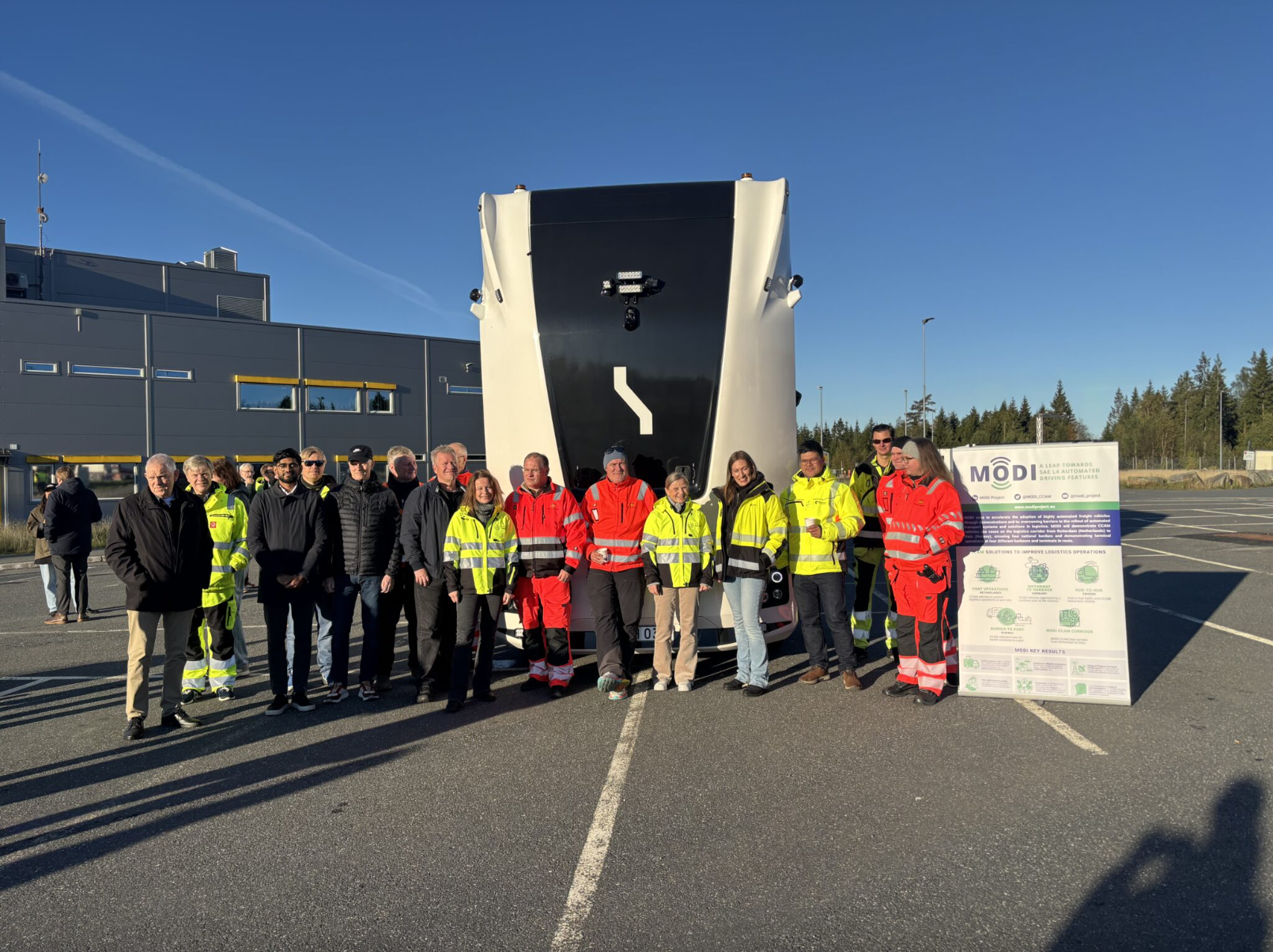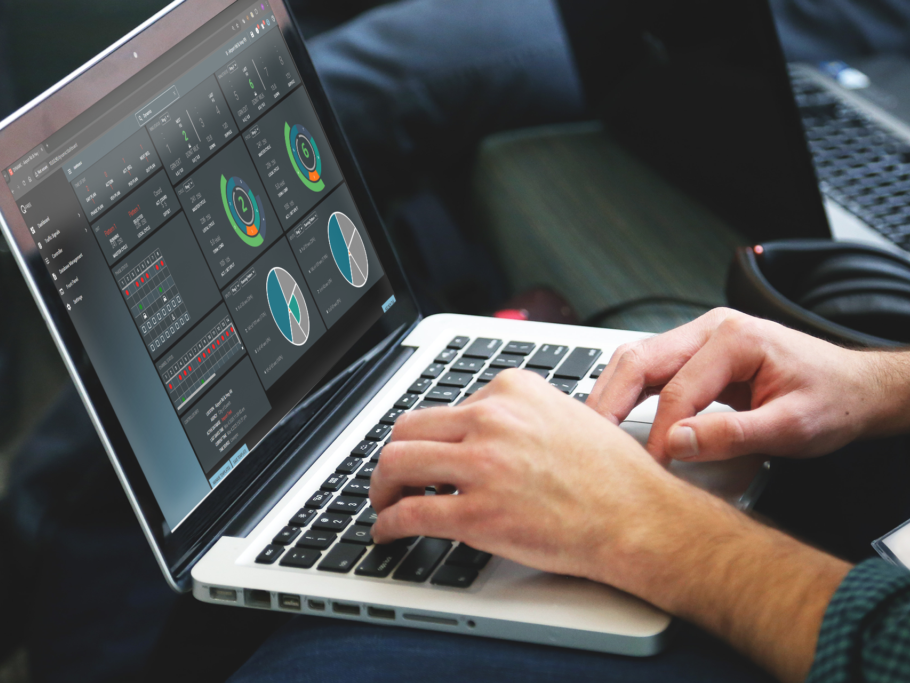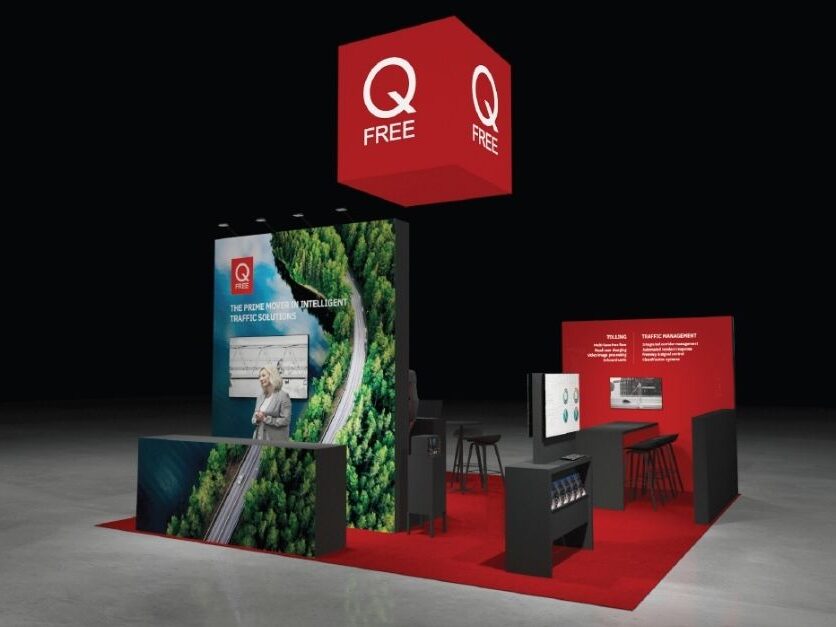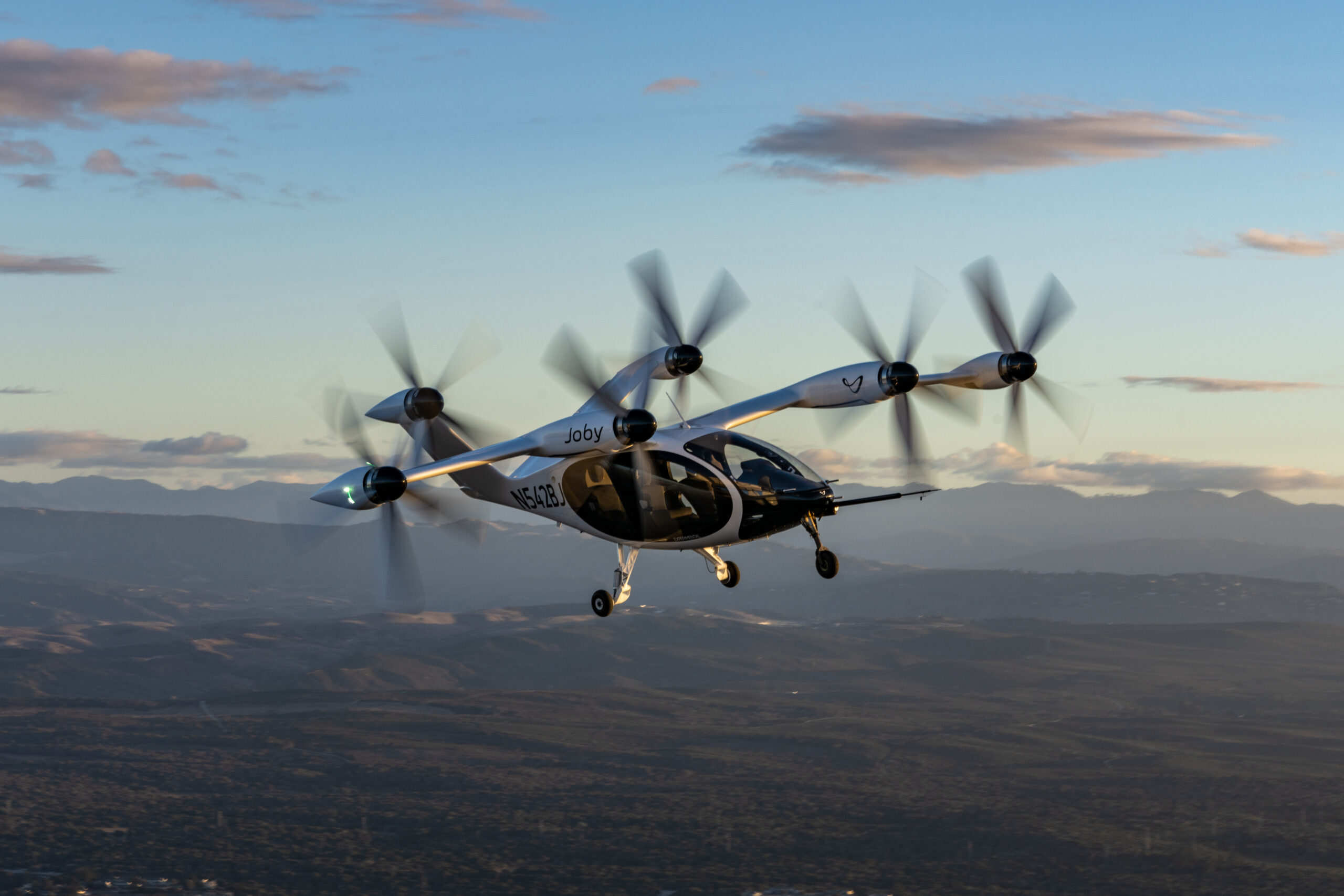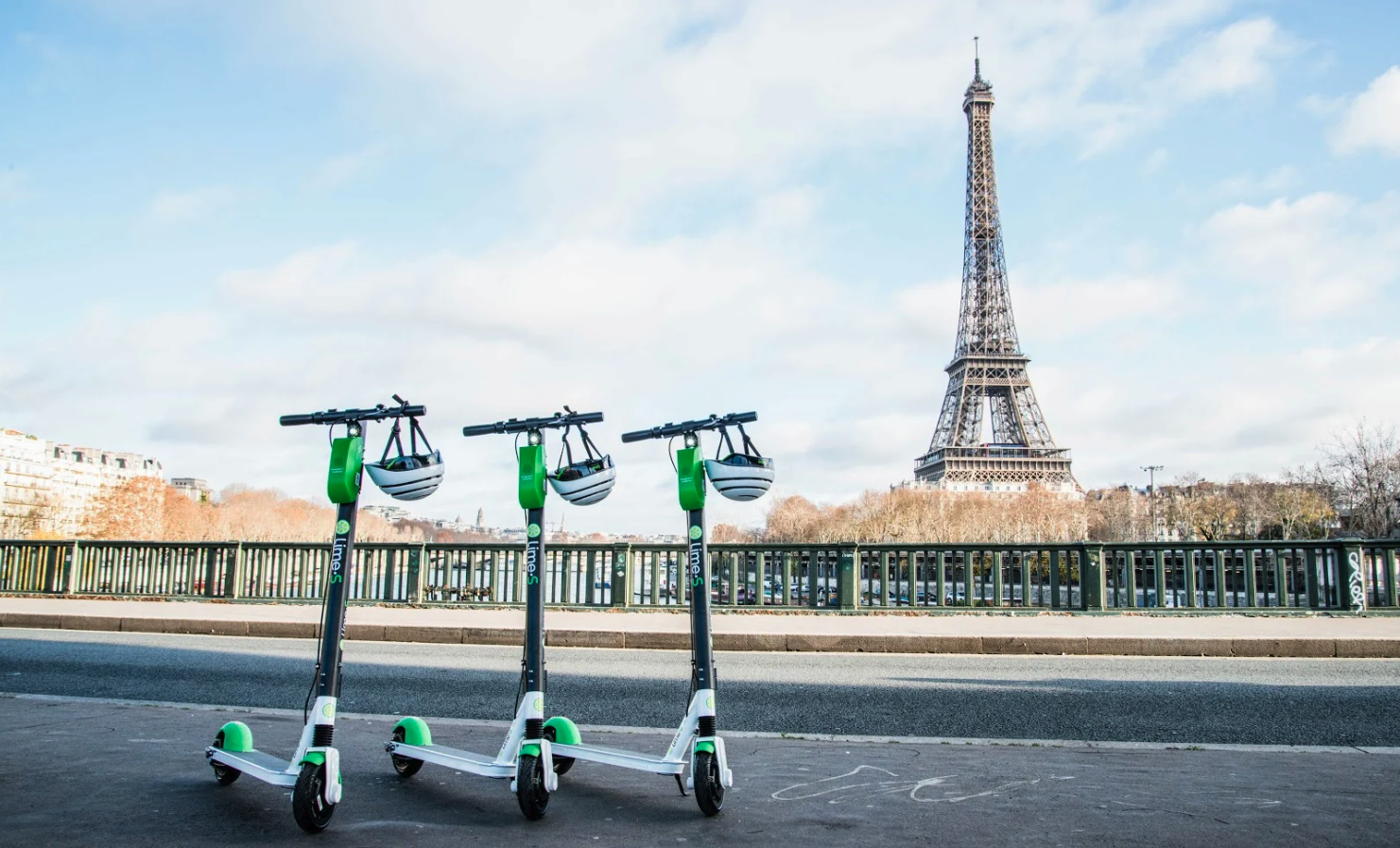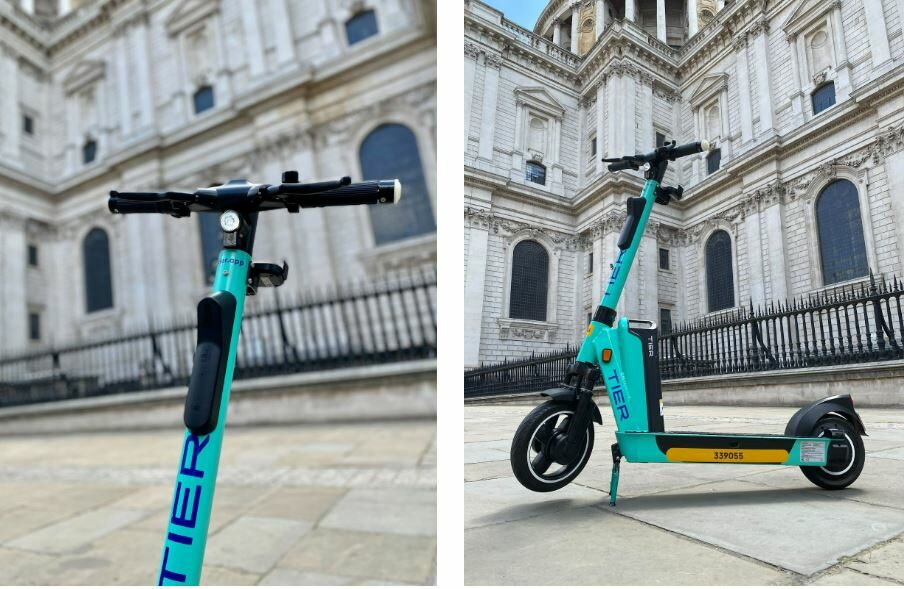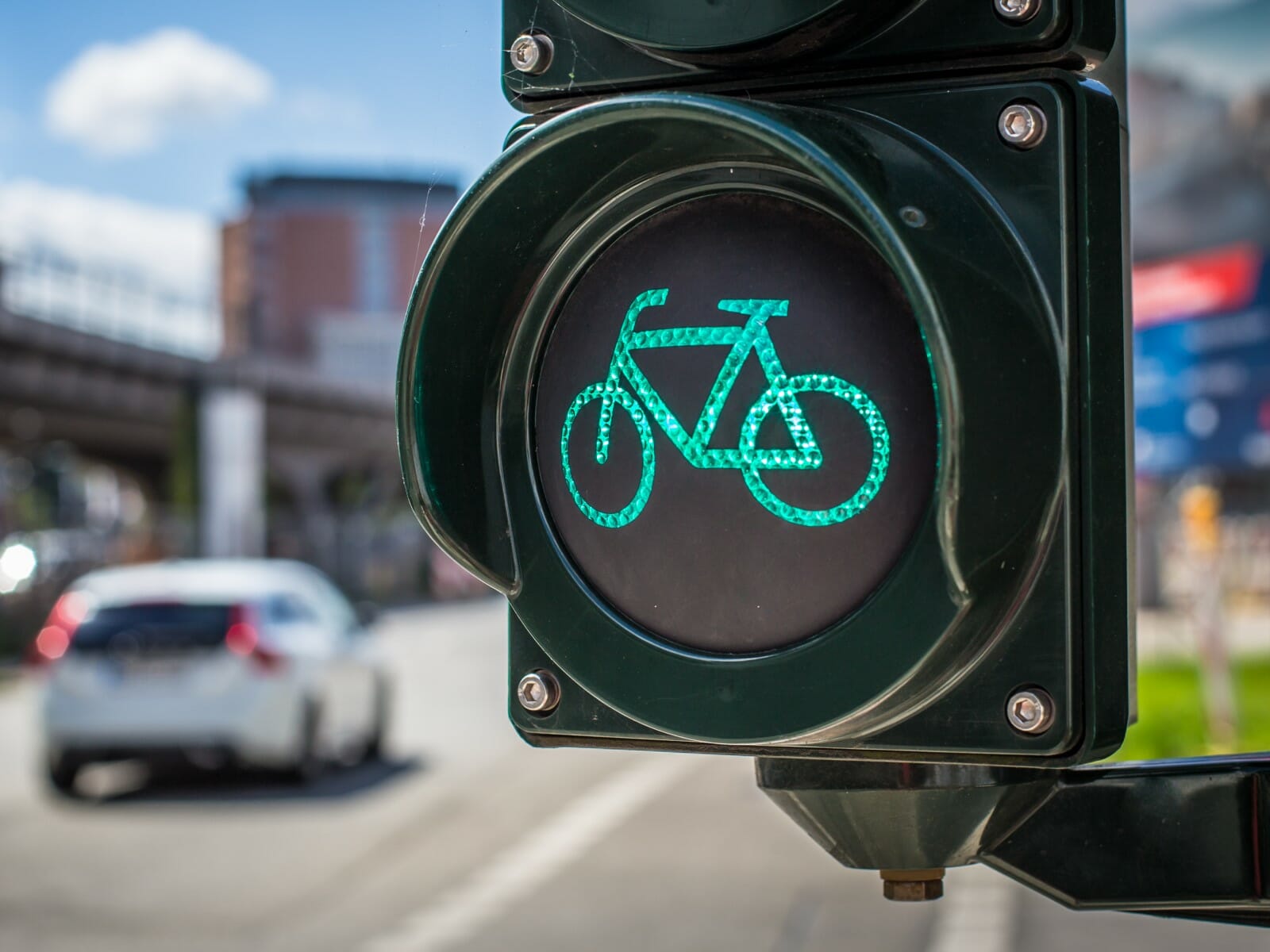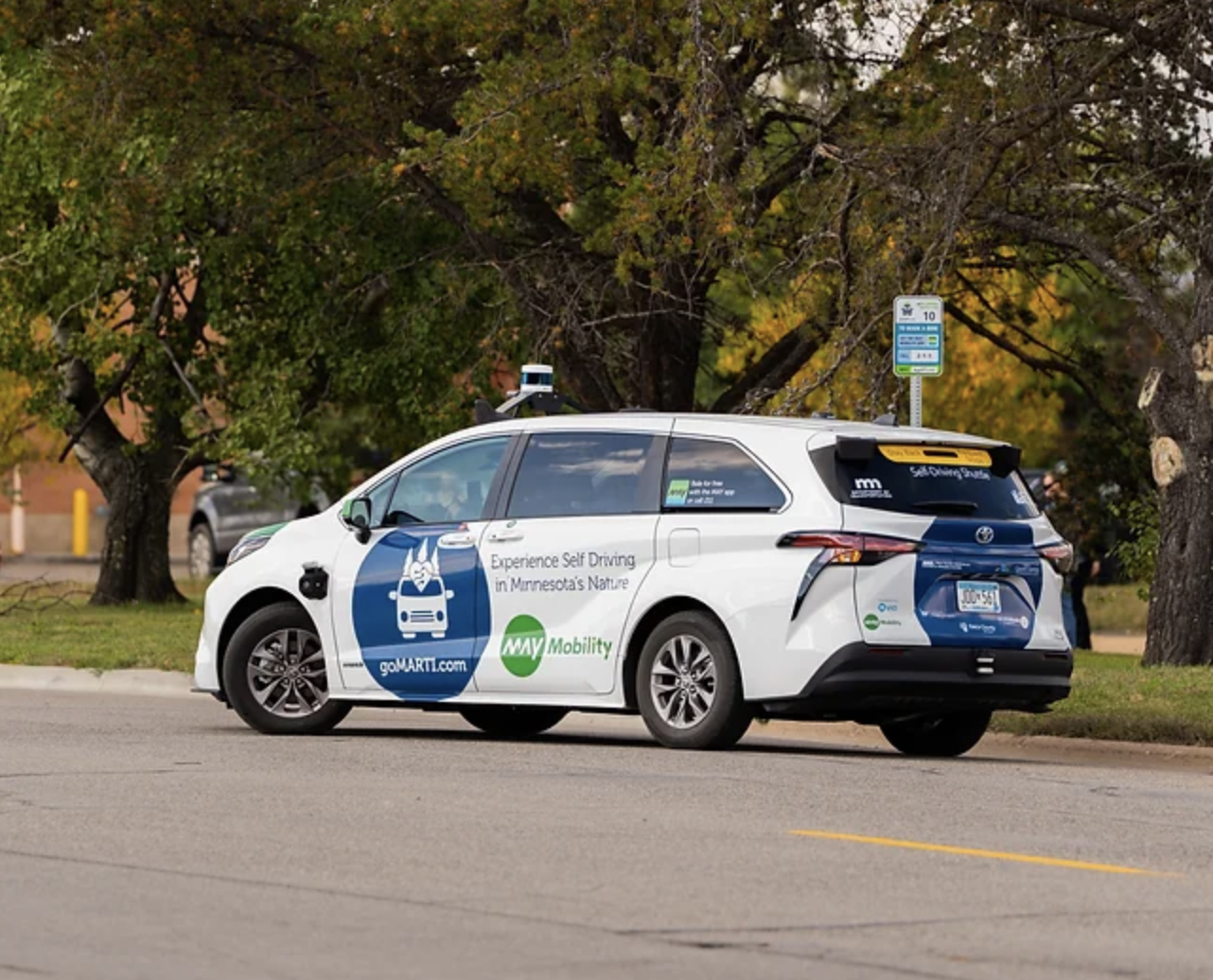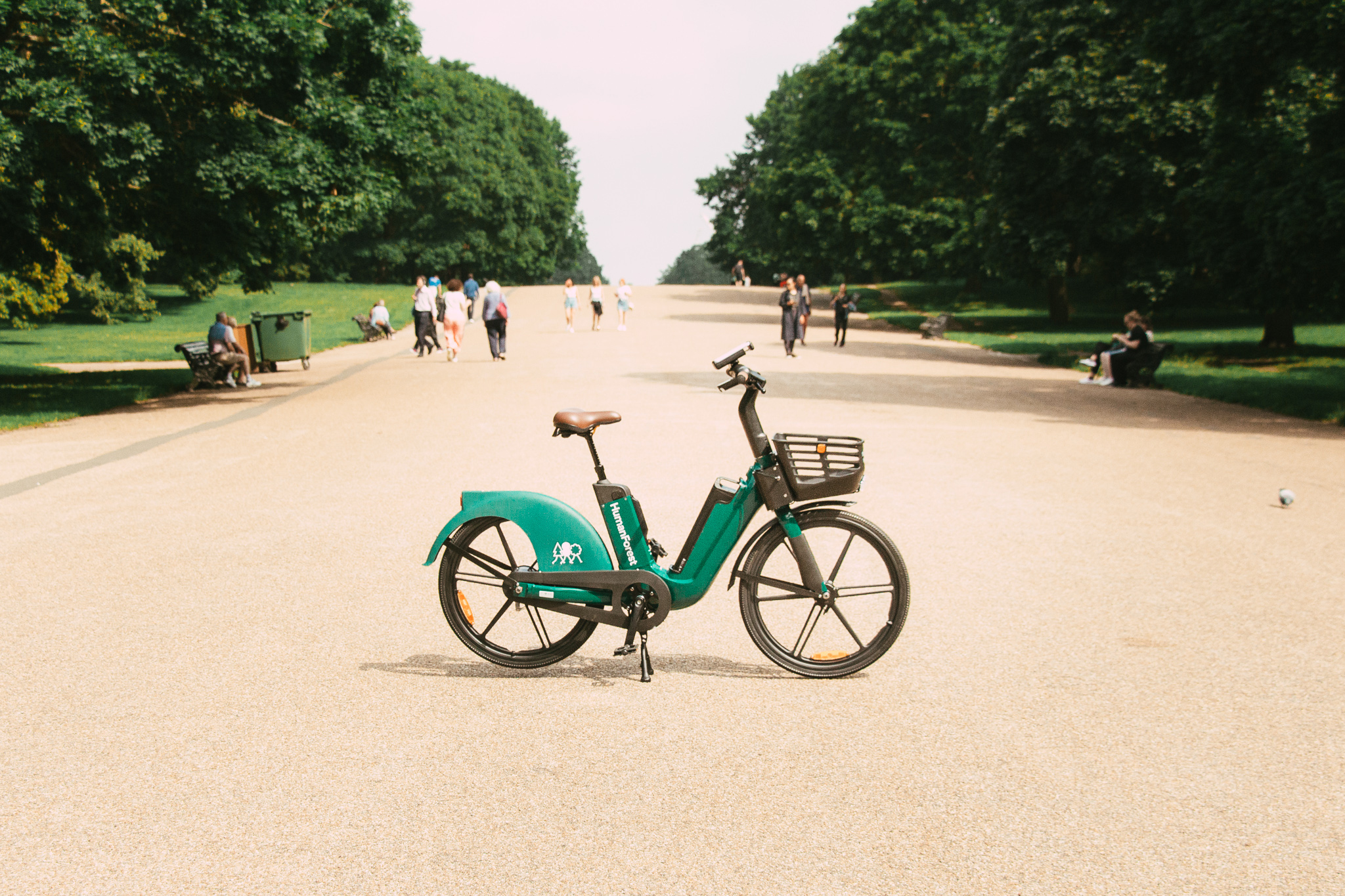June 3rd was this year’s World Bicycling Day, an annual awareness campaign to draw attention to the safety needs, environmental benefits, societal improvements, and joys of bicycling.
Advanced traffic management means more than automobile traffic; in honor of World Bicycle Day, take a look at some bicycle facts and ATMS solutions to make cycling’s many benefits accessible to all.
Bicycles Are a Big Deal
Did you know there are over one billion bicycles worldwide, and each year we produce 2.5 times as many bikes as cars? Since the mid-1980s, the world has made over 80 million bicycles a year, with some years exceeding 100 million. The most popular vehicle ever is a bicycle: with over 500 million models sold, the Flying Pidgeon has outsold the most popular car, the Toyota Corolla, nearly tenfold.
Interesting bicycle facts from bicycle-guider.com.
Bicycling Has Benefits beyond Health and Fitness
A brisk bike ride is a great way to exercise and get physical activity while being incredibly enjoyable. In addition to the well-known health benefits of cycling, creating an advanced bicycling network also:
- eases pollution
- creates safe mixed-use areas
- aids sustainability efforts
- helps accessibility
According to World Bicycle Relief, cycling is also a great “tool for development and as a means not just of transportation but also of access to education and healthcare.”
Why are bicycles seen as great tools for equitable access? Over one billion people lack access to paved roads—in those areas, a bicycle means health care, education, food variety, income and employment opportunities, and freedom of mobility.
The Two-Wheeled Pollution Solution
Bicyclists have the fitness of people ten years younger, live two years longer, and have better mental health on average than non-cyclers. Increased cycle traffic share also improves the health of the planet. For instance, a bicycle commuter who rides 8 km to work four days a week will save 750 kg of CO2 emissions in a year. Other ways bicycles help the environment include:
- At least a 6% decrease in household emissions by biking to work
- Bicycles require a tenth of the energy cars require for production
- Cars produce a pound of pollution per mile; bicycles produce none
- Bicycle production involves a fraction of the natural resources as automobile production
- Bicycle production generates less pollution than automobile production
- Automobiles are heavy producers of noise pollution
- “Parking lot pollution” reduction: twenty bicycles can park in the area required for just one automobile
The Popularity and Expanded Use of Bicycles Require Support
Bicycling is a great way to get around where the infrastructure supports it. Everyone benefits when traffic management helps increase the number of bicyclists compared to automobiles. Safety is the most crucial factor in increasing cycle usage; several studies show safety concerns as the number one reason more people do not use bicycles, especially for work. Advanced traffic management technology and strategies make cycling safer and more approachable, helping to increase bicycle traffic share percentages and improve cycling safety and infrastructure for all users in a mixed-use environment.
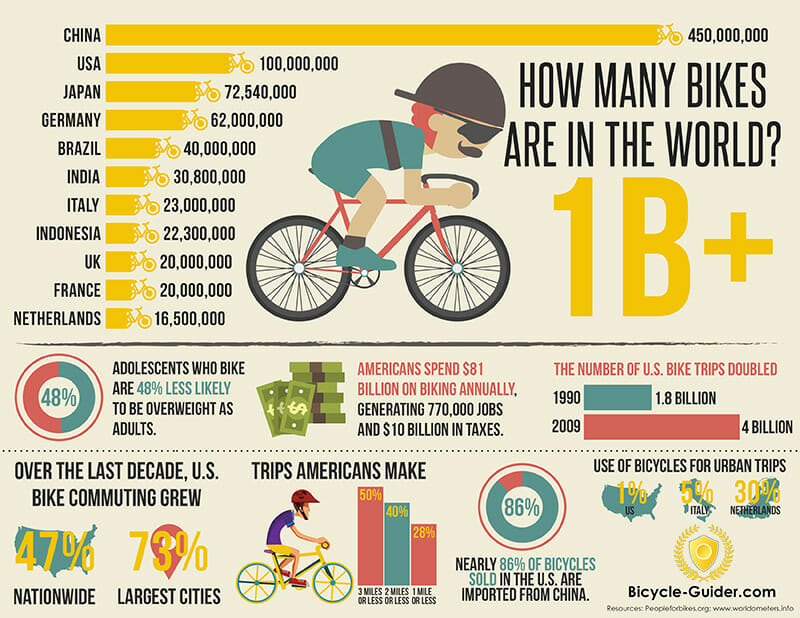
Bicycle Improvement Projects Happen Worldwide
Q-Free has cycle counting and monitoring projects worldwide from Glasgow, Scotland, to Australia’s Gold Coast. Some projects are in a data-gathering phase, where cycle count data is recorded and used to develop policies to increase use and safety. Other projects are active safety endeavors, where paths and cycle lanes are monitored to alert surrounding traffic to cyclists. These projects use Q-Free’s advanced technology for cyclist safety, detection, counting, and integration into traffic management, no matter what size, scope, or solution the project requires.
Q-Free Software Unites Traffic Management and Bicycle Detection
The sustainability and equity in transportation bicycling offers are core tenets of Q-Free’s mission. Increasing cycling activity and safety aligns perfectly with our Q-Flow, Q-Clean, and Q-Safe portfolio of products that optimize the movement of people, goods, and data; stimulate sustainable transportation; and improve road and travel safety.
Accordingly, Q-Free delivers solutions to help detect and monitor cyclist activities, share use trends and data with cyclists, and backend software to accurately capture and report on usage trends.
Detect & Monitor
The HI-TRAC CMU Cycle and Pedestrian Counter is a highly accurate system that can determine bicycles from other traffic. The HI-TRAC CMU can run on solar panels for energy sustainability goals with multi-lane monitoring, signal integration, and a powerful interface.
Communicate
The HI-TRAC Cycle Interactive Display is an outdoor, integrated sign that links with HI-TRAC CMU counters. The display can show statistics like cycle counts, communicate safety info, motivate people to cycle, and show appreciation and encouragement for cyclists.
Analyze & Report
Connected to an ATMS network with software like Kinetic Counts, the HI-TRAC CMU can detect and count cyclists, alert other traffic to cyclists, and even integrate into traffic signals to prioritize cyclists at intersections. This attractive feature makes cycling a quicker, more compelling form of urban transportation.
World Bicycle Day Should Be Every Day
A robust bicycle infrastructure indicates a thriving, mixed-use traffic region. Reducing automobiles by increasing bicycle traffic has numerous benefits that can be furthered by advanced traffic management technology. From sustainability gains that improve the environment to health and wellness improvements for individuals, bicycles are a two-century-old solution to the myriad of problems automobiles cause. As Albert Einstein said: “Life is like riding a bicycle. To keep your balance, you must keep moving.”
This article was originally published by Q-Free.

